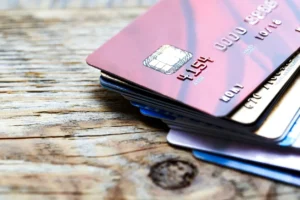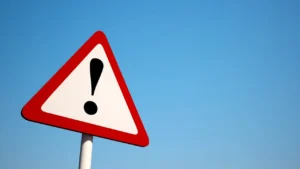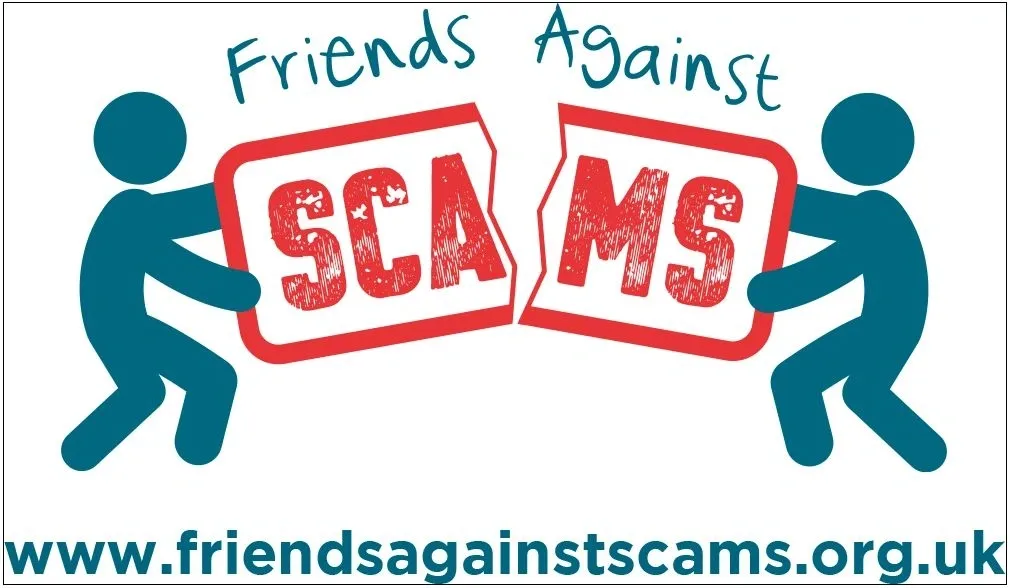“You have been identified as having been in contact with someone who has tested positive for Covid-19”
Not the sort of phone call you want to receive. With everything going on at the moment the last thing you’ll want to hear is that you’ve potentially been in contact with someone who’s tested positive for Coronavirus. That’s where the scammers step in, preying on the fear factor.
The news that you may have been infected is startling, the caller then tells you you need to be tested. This all sounds legitimate so far, right? Why wouldn’t you want to be tested? This is where the scammers turn it up a notch…
They begin to apply some pressure “You must be tested within the next 72 hours to comply with government regulations”, which of course also sounds reasonable. They suggest home testing, to make it easier for you, and that’s where it starts getting nasty.
“There is an admin charge of £50 payable by credit card”

They want to charge a £50 fee for the service to cover courier costs and administration, and begin asking for credit card details. This should set alarm bells ringing with most people, however there will be people that get caught out by it. Armed with your full address and card details the scammers are free to go on a heavy spending spree, with your money!
The scam caller may dress it up in a different manner, and the phrases used will differ, but the target will always be the same, to get your name, address and card details.
They may threaten you with “arrest warrant” for not complying with government guidelines, or fines incurred for refusing to be tested. Do not fall for it. Be wary of giving out any details over the phone, including your address. Phone numbers are easily obtainable on the internet for most people, in some cases they may have your address, but the thing they are after is your money through your card details.
Stay alert and be cautious

Litenet Ltd are determined to do our part in fighting scams, fraudulent behaviour and any other form of rogue action. We are proud to be a partner organisation of National Trading Standards “Friends Against Scams” initiative. By raising awareness of this type of activity we can help drive down the success rate to the point where it’s no longer worth their while. Please feel free to share this blog post with anyone you may feel is vulnerable.



